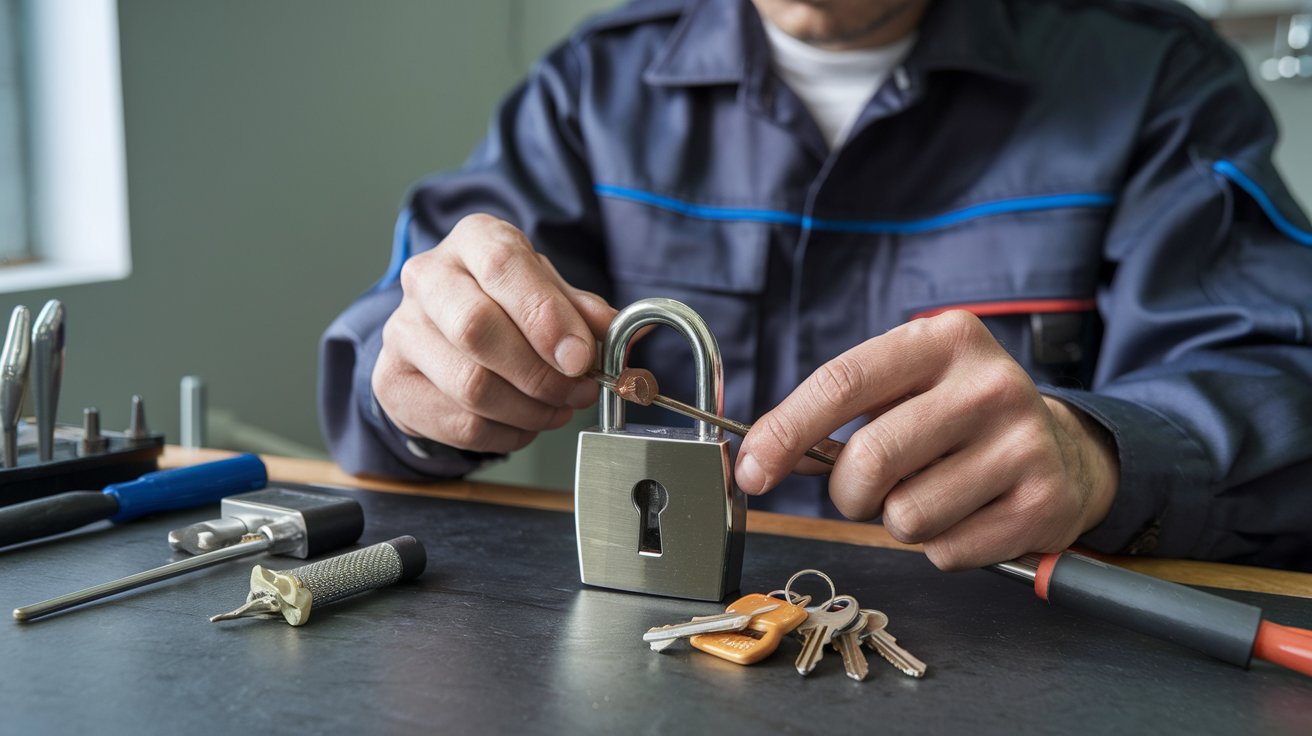
Did you know that not all locks are created equal? Locksmiths face unique challenges with different lock mechanisms! In the world of security, understanding a locksmith’s capabilities can save you time, money, and frustration. Doctor Lock experts in Denver, CO, reveal that while most professional locksmiths are incredibly skilled, some locks can pose significant challenges.
Understanding Lock Complexity
Not all locks are created equal. Residential and commercial locks vary dramatically in their design and complexity, ranging from simple mechanical mechanisms to sophisticated electronic systems. The difficulty of a lock depends on several key factors, including the number of pin tumblers, the precision of manufacturing, and the sophistication of the internal mechanism.
Traditional locks rely on mechanical precision, with intricate pin configurations that require specific key alignments. Modern technology has expanded lock complexity by introducing electronic and biometric systems that go far beyond traditional key-and-tumbler designs. This evolution means locksmiths must continually update their skills and equipment to handle increasingly advanced security solutions.
Types of Locks Locksmiths Can Typically Open
Most professional locksmiths can successfully navigate standard residential and commercial lock systems. Standard door locks, automobile locks, and basic padlocks are generally within a skilled locksmith’s repertoire. These typically include traditional key-based systems found in homes, offices, and vehicles.
Electronic lock systems have become more common, but many follow predictable patterns that experienced locksmiths can address. Key-based systems remain more straightforward, while electronic locks with standard protocols are usually manageable for professionals with the right tools and expertise.
You May Like: Locksmith Services Cost in 2025 [Comprehensive Price Guide]
Challenging Lock Types for Locksmiths
Some lock systems present significant challenges even for seasoned professionals. High-security institutional locks, such as those used in government facilities or high-risk environments, are deliberately designed to resist manipulation. Advanced electronic security systems with complex encryption and proprietary designs can be particularly difficult to bypass.
Specialty safes, vault locks, and cutting-edge biometric systems represent the pinnacle of lock complexity. Biometric locks using fingerprint, retinal, or facial recognition technologies require specialized knowledge and often cannot be opened through traditional locksmith techniques.
Professional Tools and Techniques
Locksmiths rely on an extensive array of specialized tools and techniques. Lock picking sets, tension wrenches, and precision extraction tools form the core of non-destructive entry methods. Professional-grade equipment allows for intricate manipulation of lock mechanisms without causing damage.
When non-destructive methods fail, controlled drilling becomes a calculated option. Modern locksmiths also leverage technological solutions, including digital decoding devices and advanced diagnostic equipment that can interface with complex electronic lock systems.
Legal and Ethical Considerations
Professional locksmith work is governed by strict ethical and legal guidelines. Proof of ownership is paramount – locksmiths must verify that individuals requesting lock access have legitimate rights to enter a space or vehicle. Professional certifications ensure that practitioners understand and adhere to these critical standards.
Legal restrictions vary by jurisdiction, with some areas implementing stringent regulations about lock manipulation. Ethical locksmiths prioritize security, property rights, and professional integrity, ensuring they only provide services to authorized individuals with proper documentation.
Conclusion
While locksmiths like Doctor Lock in Denver, CO, possess remarkable skills, not every lock can be opened easily. Always consult professional locksmiths who can assess your specific situation and provide the most appropriate solution.


